Gravitate is committed to supporting clients in a tax landscape that seems to be changing more often than ever. Understanding the latest from HMRC is critical to both compliance and tax planning opportunities.
HMRC have just unveiled their new “Transformation Roadmap”, which sets out some major plans for the next five years and beyond. The goals of this roadmap are modernisation, and it’s essential that business owners understand what is coming and can plan accordingly.
What does the new HMRC Transformation Roadmap include?
Increased emphasis on AI and modernisation of infrastructure
HMRC is undertaking a large-scale overhaul of their ageing systems, leveraging AI and machine learning to streamline tasks, enabling real-time compliance tracking and, they hope, improving cyber security and data protection.
There are a few potential challenges business owners could face as these changes take effect. Firstly, not all businesses will be ready for real-time compliance tools, potentially leading to a potential “compliance divide” between tech-savvy and traditional businesses.
The good news is that many all of these tools are actually available to businesses of any size; with digital accountants like Gravitate leading the way in the modernisation of company finance functions.
Greater focus on digital taxes
The government says it is investing over £7 billion a year in a digital-first, AI-boosted tax system. HMRC’s goal is to reduce the effort involved in tax compliance for most taxpayers. This includes self-service tools, improved systems, and better integration with popular business software. According to the government, you can expect to see:
- 90% of interactions becoming digital by 2029-30
- More AI-powered assistance
- Simplified login processes and easier access to tax accounts
- More personalised digital services
here are, of course, potential downsides of these changes. Businesses may need to invest in new systems, software, and training to meet digital standards. Sole traders, small firms, or less digitally savvy business owners may also face challenges with app-based tax management.
Lastly, and crucially, more online data inevitably means higher exposure to cybersecurity risks, including fraud, phishing and data breaches. So it’s critical that proper controls are put in place.
Valuation Office Agency (VOA) merging with HMRC
By April 2026, the Valuation Office Agency (VOA), which provides property advice, will be merged with HMRC. The government hopes this will streamline property-related tax processes and potentially enable business rates reform. They also expect it to reduce administration costs.
Business owners should be mindful of potential disruption during the transition period, such as delays in property-related tax processes. They may also lose some aspects of support or need to adapt to new systems and processes due to the centralisation of VOA functions.
Additional efforts to crack down on error and fraud
HMRC is continuing to crack down on error and fraud, with the tax gap (that is, the difference between actual tax receipts and what HMRC believes should be collected) sitting at 5.3%.
As such, HMRC is investing in several key areas, including:
- Over 5000 new compliance officers, and 2,400 debt officers
- Increased use of AI and third-party data to identify non-compliance
- Greater scrutiny of fraudulent offshore activity
- New registration standards for tax advisers and intermediaries
More support for business owners
HMRC plans to invest in enhancing digital tools and data integration systems used by small businesses. They also aim to improve the overall standards of the tax advisory market and deliver targeted compliance education.
Smaller firms may need to invest in upgraded digital accounting software or professional advice to stay compliant amid these changes. It’s worth noting that increased third-party data use may also raise confidentiality and data-security risks for business owners.
Focus on long-term iterative change
HMRC has said that, instead of long-winded programmes that may take years to conclude, they will shift to faster, user-tested, iterative updates, developed in close partnership with agents, advisers, and software developers.
It’s worth noting that frequent system updates may not be ideal for business owners who just want consistency in how they interact with HMRC, and a continuously evolving tax system can make long-term planning harder for business owners without the right advisor in place.
What should you be doing?
There’s quite a lot to unpack here, including digital transformation, compliance shifts, and new opportunities to streamline tax processes. Gravitate is here to help you adapt and grow successfully, whatever the future of tax holds.
While HMRC’s roadmap appears to offer some real long-term benefits, business owners should prepare strategically for short- and medium-term disruptions.
If you'd like to discuss how the roadmap might affect your business, or if you want advice for staying ahead of compliance changes, get in touch today.

.png)


.png)

.png)
.png)

.png)
.png)
.png)













.png)
.png)
.png)

.png)
.png)

.png)


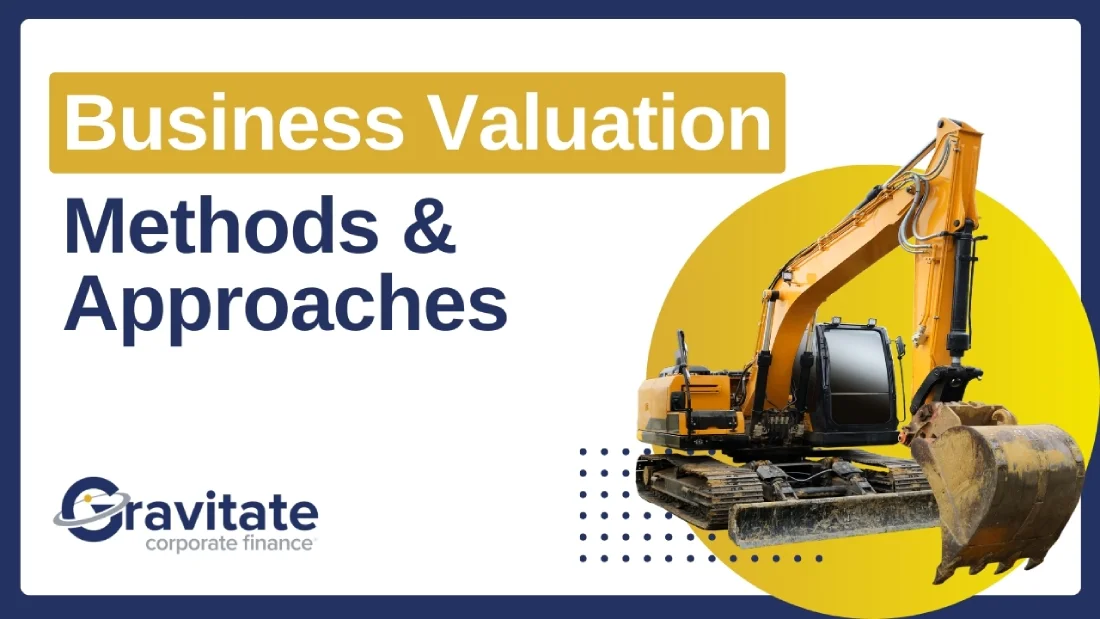
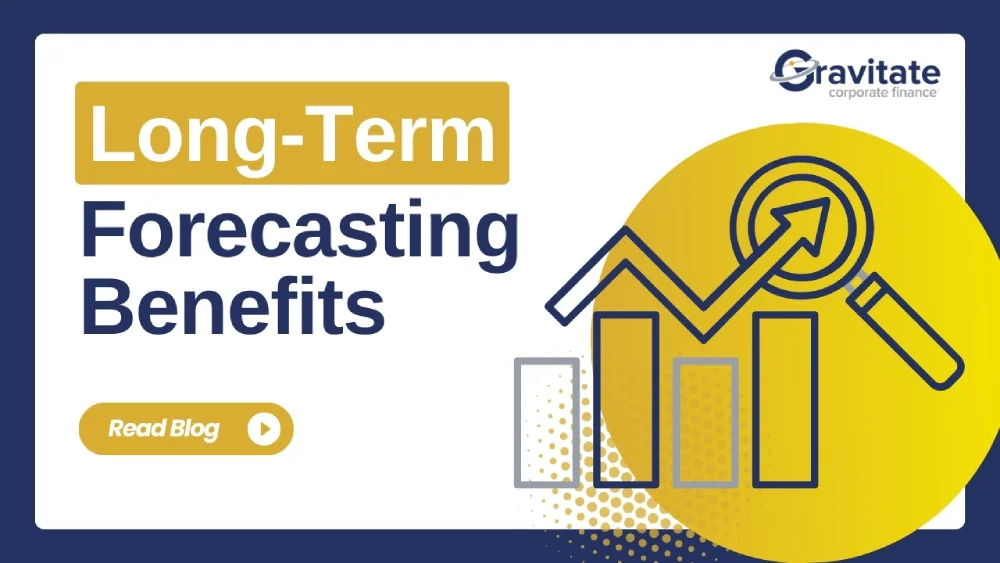
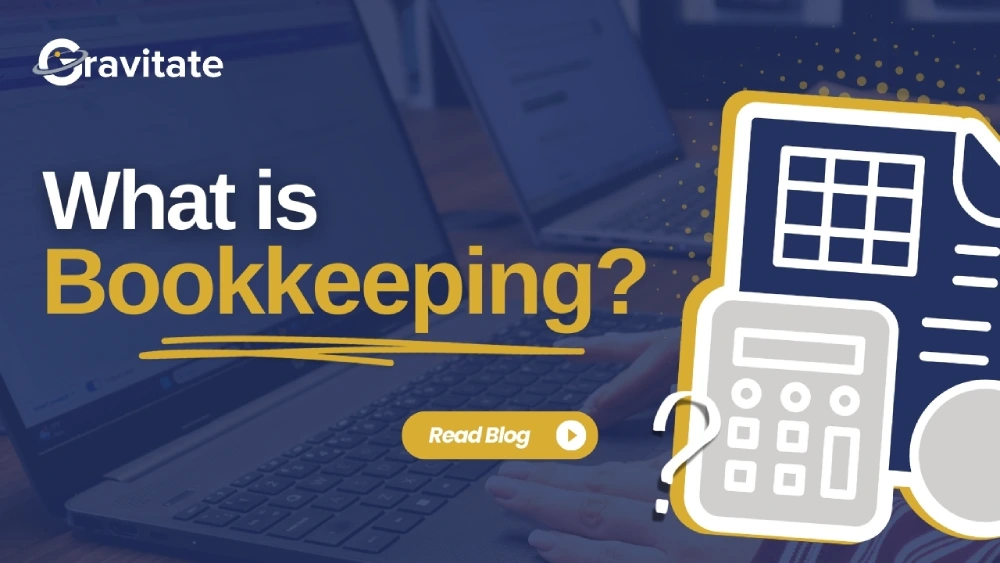
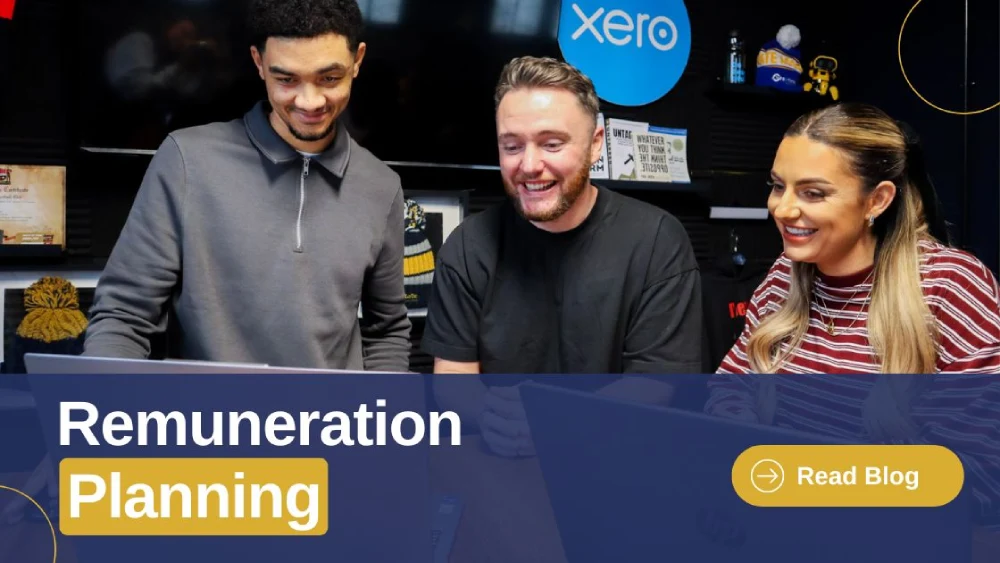
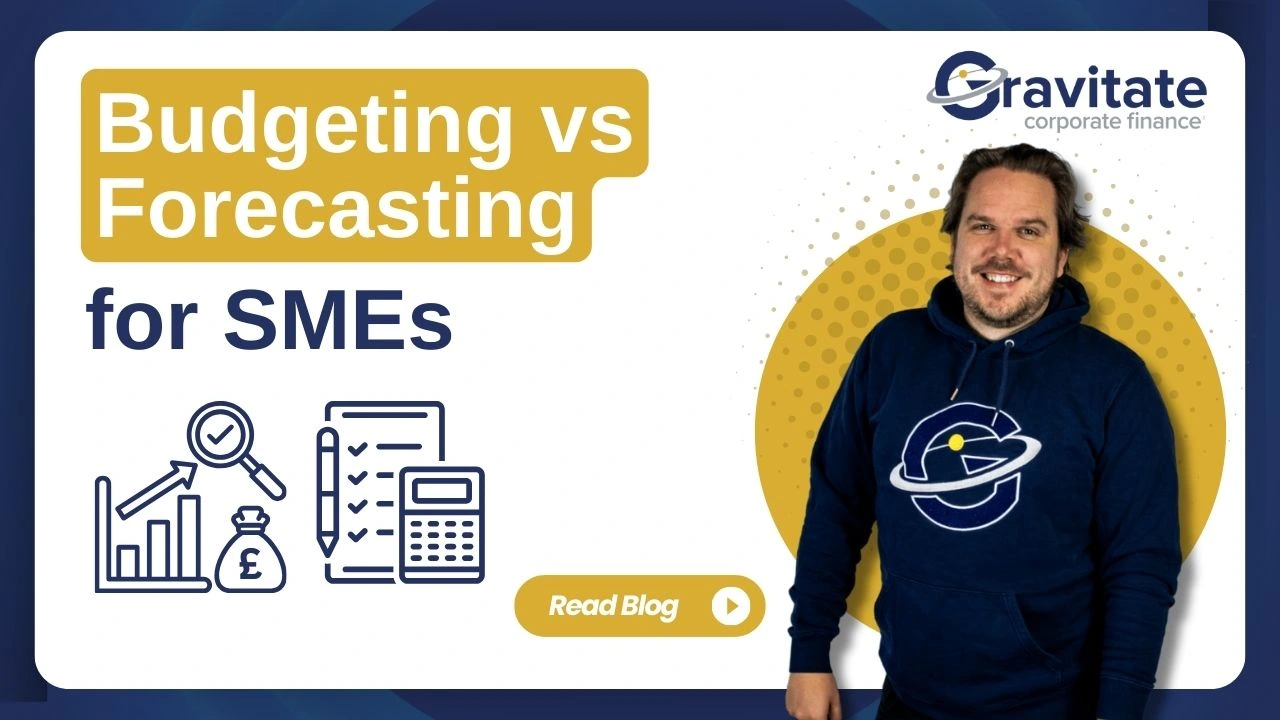
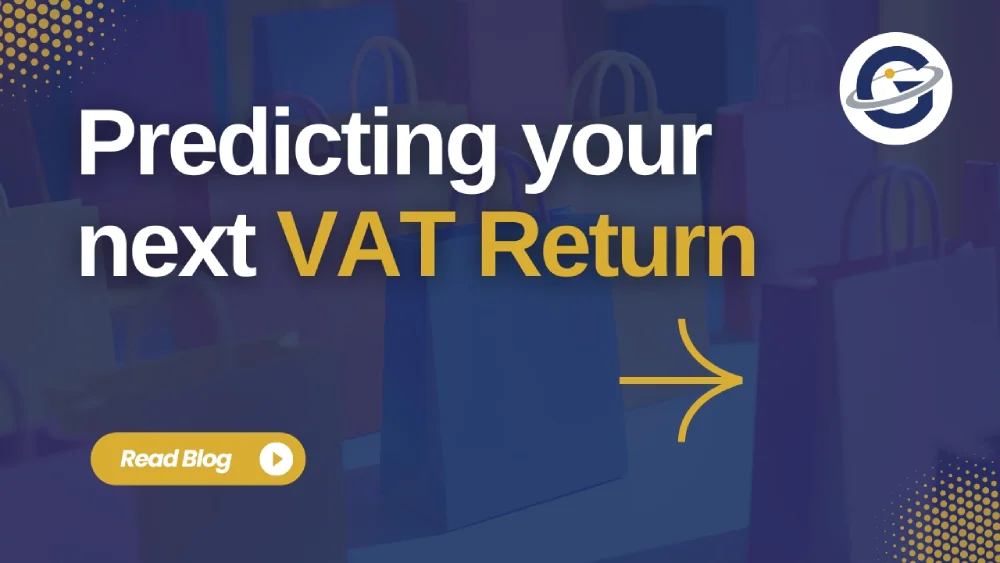









.jpg)

.webp)
.png)

.svg)
